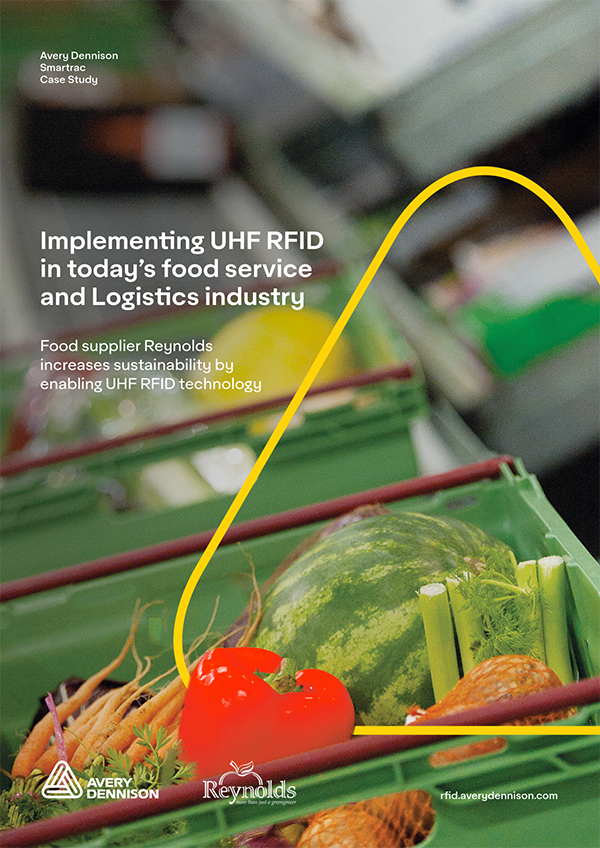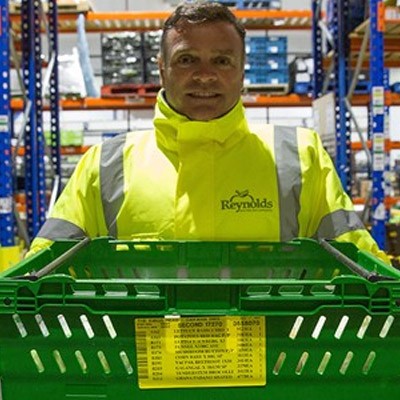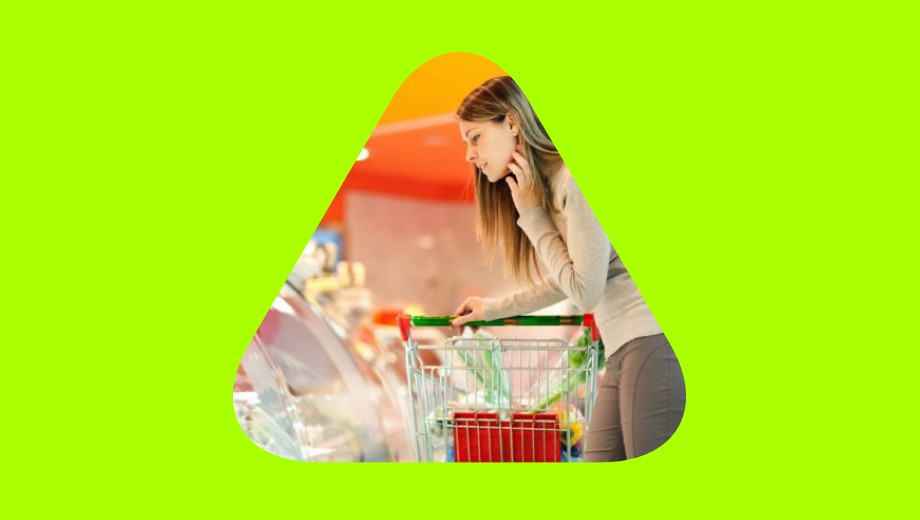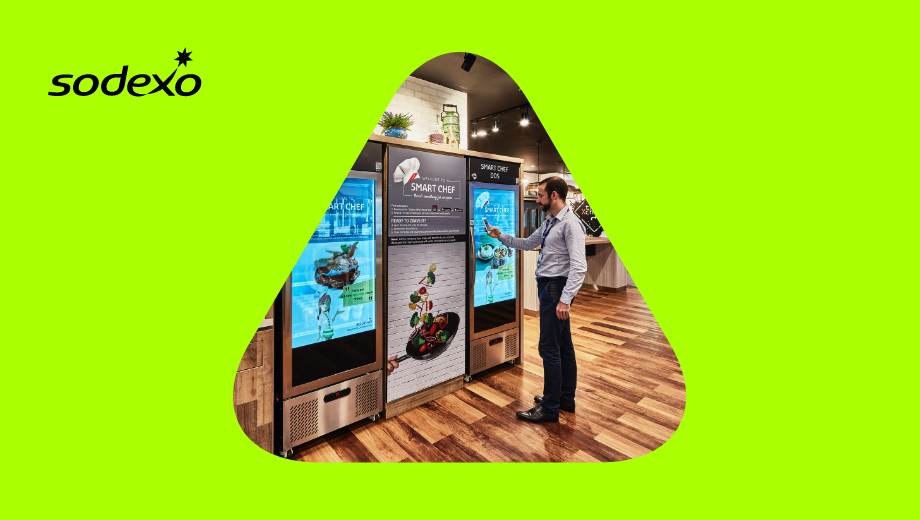Combining tags and readers, UHF RFID provided Reynolds with exceptional benefits across its supply chain, offering a new opportunity to leverage a sustainable solution, reduce waste and environmental impact and enhance their capability to deliver quality food efficiently. The main benefits of integrating Avery Dennison’s recommended AD-237R6 for supply chain management, item and package tracking include:
• Provides accurate product and tray availability, allowing Reynolds to confidently provide a solution to meet the needs and wants of the catering and food industry
• Reduced labor hours spent assembling cardboard cartons
• Reduced waste and environmental impact
• Reduced tray losses and increased tray level utilization efficiency
• Ability to move away from using 60,000 disposable cardboard cartons each week
• Enabling plastic crates increases sustainability in the supply chain
• Increased traceability: inventory accuracy improved, providing quick identification to associate product within the tray and visibility to expiry date.






